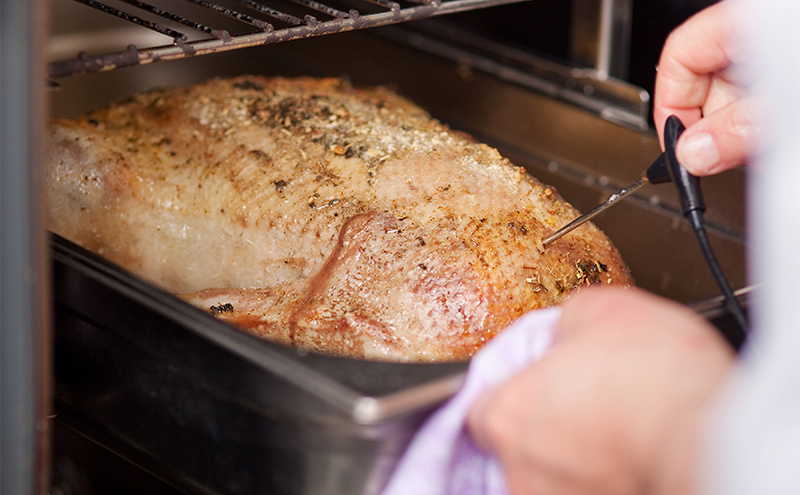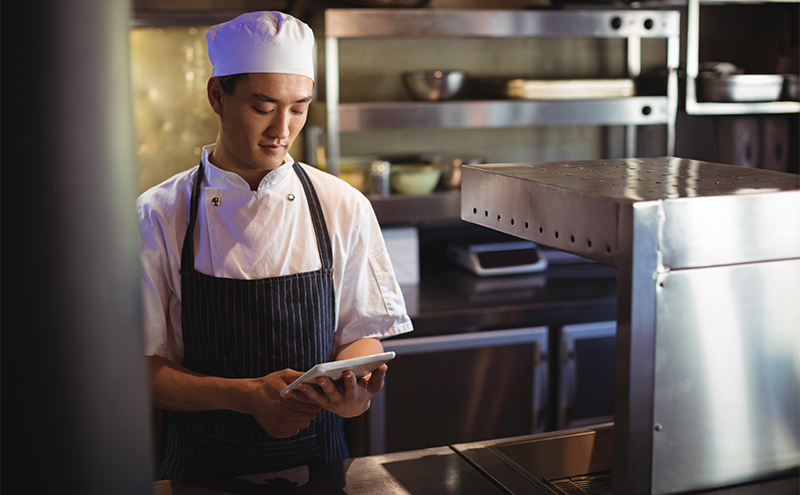DESPITE weather that’s unpredictable, to say the least, outdoor dining represents a major opportunity for the UK on-trade.

A recent report from catering equipment supplier Stephensons claimed that outside seating can increase a venue’s revenues by around 30%, and often encourages customers to stay longer and spend more.
In fact, the company estimated that customer spend in beer gardens increased by around 14% last year.
According to the firm, a space that enables customers to eat and drink outside “will tempt customers through the gate, allowing them to stay outside whilst remaining fed and watered”.
And licensees can tap into the trend by investing in just a few “key pieces” of equipment, according to the report.
Recommendations from the company included using unusual plates and glassware when serving food and drink in an outdoor setting.
“You can tap into the outdoor dining trend by investing in a few key pieces of equipment,” said managing director Henry Stephenson.
“Serve up your usual menu items on olive wood boards, interestingly different and ideally suited to outdoor dining.
“Present drinks in colourful mismatched glassware, brightening up your outdoor space and giving drinks offerings more punch.”
This is particularly relevant given that outdoor dining areas can have a significant impact on an outlet’s beer volumes, with Stephensons claiming sales can increase by between 10% and 15% in venues which have a beer garden.
Henry Stephenson recommended using containers such as two-pint glasses, four-pint jugs and beer buckets in outdoor areas to keep customers stocked up and ensuring that they have to make fewer trips inside to the bar.
The food offer is absolutely key, of course, and Stephenson said it’s important licensees are prepared for any good weather with the right equipment.
“Barbecue season can mean big, meaty business, and a good grill is a must,” he said.
The importance of selecting the right equipment was also stressed by Tim Strutt of Electronic Temperature Instruments (ETI).
Strutt said that while the maxim of ‘you get what you pay for’ is always worth bearing in mind, “there has to be a sensible balance and it is always good to seek opinion from others”.
“The internet provides for a wealth of information and feedback on products and networking allows discussion on brands and their performance,” said Strutt.
“There is the opportunity to buy British, and the benefits of purchasing British manufactured goods cannot be over emphasised.”
Advantages of purchasing domestically-produced equipment, said Strutt, include the ease of communication if something goes wrong.
“The manufacturer will be able to help on technical matters relating to the instrument and also advise on legislation, HACCP procedures, calibration, UKAS certification, repairs, etc,” he said.























